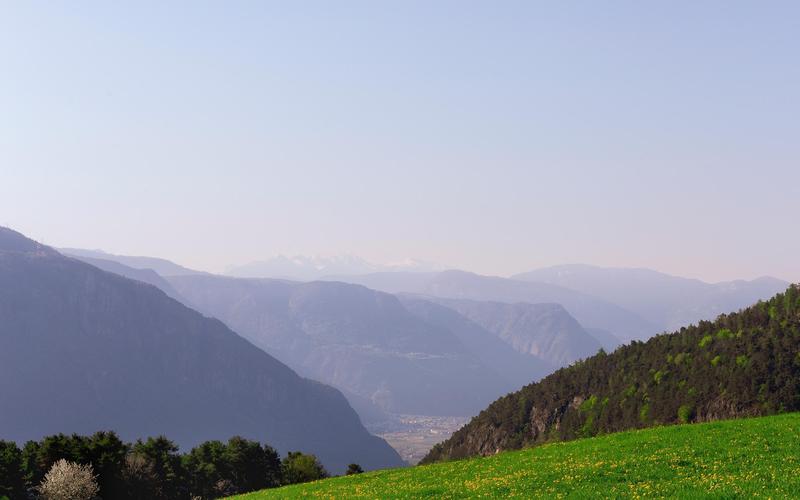Preserving the Cultural Traditions in Spain: The Importance of Festivals and Celebrations
Spain is a country known for its rich culture and traditions. These cultural traditions are deeply rooted in the country’s history and are an essential part of Spanish identity. These traditions are celebrated through various festivals and celebrations that take place throughout the year. In this article, we will explore the significance of these festivals and celebrations and why they are crucial to preserving Spain’s cultural identity.
Festivals and celebrations are an integral part of Spanish culture. These events are a reflection of Spain’s diverse history, geography, and customs. From the lively street parties of Madrid’s San Fermin festival to the religious processions of Semana Santa, these festivals provide a window into Spanish culture and tradition.
One of the most famous cultural events in Spain is La Tomatina. Held annually on the last Wednesday of August in the town of Buñol, this festival involves participants throwing tomatoes at one another. While it may seem like a frivolous event, La Tomatina is actually steeped in history. The festival started as a way for locals to protest against the ruling elite and has since become a symbol of Spanish resistance and resilience.
Another significant festival in Spain is Semana Santa, or Holy Week. This religious festival is celebrated throughout Spain and involves elaborate processions where participants carry religious images through the streets. Semana Santa is an essential part of Spanish culture and has been celebrated for centuries. The festival’s roots can be traced back to the 16th century when Spanish missionaries brought the celebration to Latin America.
Festivals and celebrations are not just about having fun; they also play a crucial role in preserving Spanish culture. These events provide an opportunity for locals to showcase their customs, traditions, and way of life. Through festivals and celebrations, younger generations can learn about their cultural heritage and carry on the traditions of their ancestors.
One example of this is the Festival of San Fermin in Pamplona. This week-long festival is famous for its running of the bulls event. While the spectacle is a thrilling experience for many tourists, locals view it as a way to honor their patron saint, San Fermin. The festival provides an opportunity for locals to celebrate their culture, pass on traditions, and connect with their community.
In conclusion, festivals and celebrations are a crucial part of Spanish culture. These events are an opportunity for locals to showcase their customs, connect with their community, and pass on their traditions to younger generations. Festivals and celebrations provide a way to preserve Spain’s cultural identity and ensure that its rich history and traditions are not lost. By participating in these events, locals and tourists alike can gain a deeper appreciation for Spain’s culture and heritage.
(Note: Do you have knowledge or insights to share? Unlock new opportunities and expand your reach by joining our authors team. Click Registration to join us and share your expertise with our readers.)
Speech tips:
Please note that any statements involving politics will not be approved.
